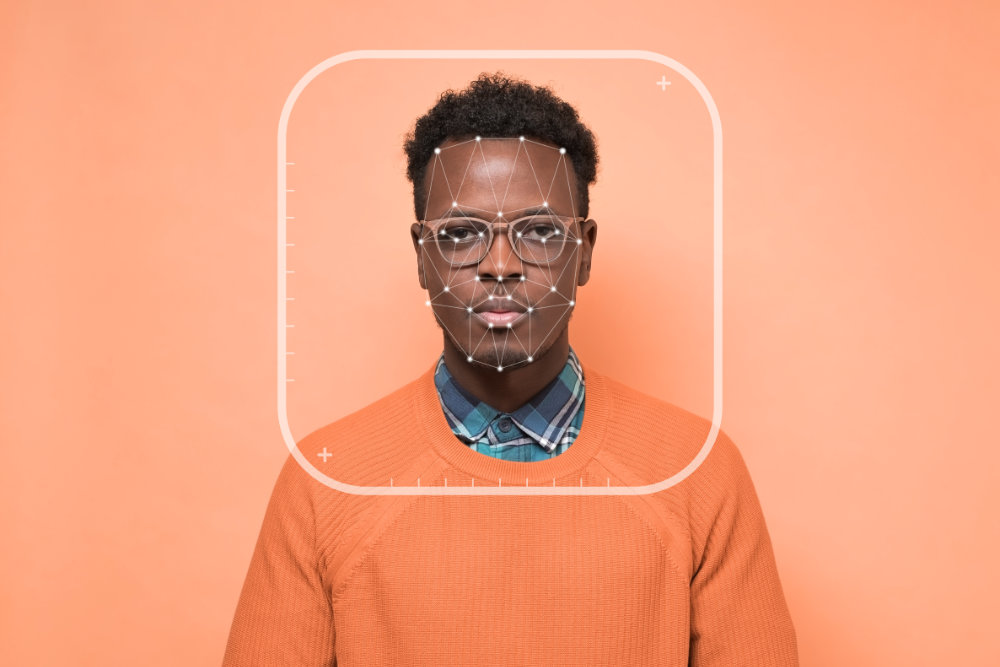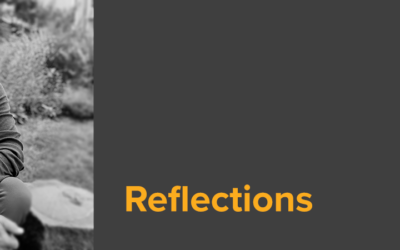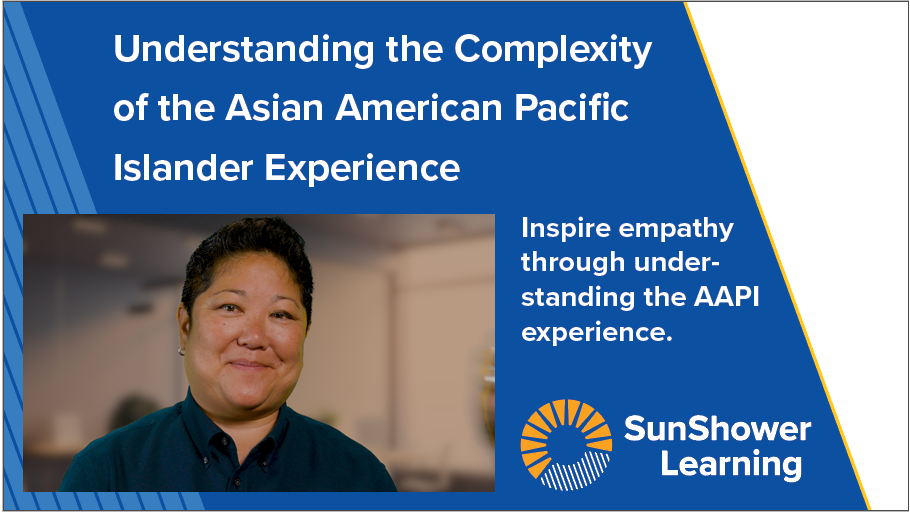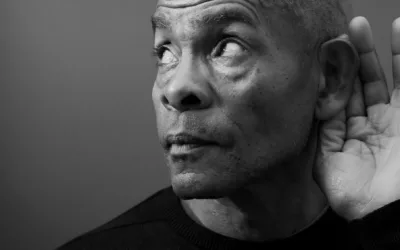Lack of diversity in AI development results in predictable problems, yet they persist

There are articles every day about software programs that have embedded biases. How does this happen? It shouldn’t be a surprise when the teams that write the code are mainly white men. Unless those teams are working to disrupt their unconscious bias and include coders who are women, Black men and women, Hispanic men and women, and people from other marginalized communities, the problems will be hard-wired into their products.From the Guardian: “As facial recognition tools play a bigger role in fighting crime, inbuilt racial biases raise troubling questions about the systems that create them.”
“If you’re black, you’re more likely to be subjected to this technology and the technology is more likely to be wrong,” the late Elijah Cummings said in a congressional hearing on law enforcement’s use of facial recognition software in March 2017. “That’s a hell of a combination.” (Link)
NPR featured an interview (link) with Angle Bush, the founder of Black Women in A.I. (link), a company providing mentorship, education, and empowerment for Black women in the field.
What is AI? The host points out that every time you ask Alexa to turn on your lights or play a song, you’re using AI. But AI is also put to work in more serious ways, like facial recognition software by law enforcement. Some critics say there’s a troubling lack of diversity among those who create the programs, and that is causing serious harm for people of color.
ANGLE BUSH: When we have these products and services and software, we have to understand that what’s at stake could literally be someone’s life. For example, there was a young man in Detroit. He was actually arrested in front of his family based on facial recognition. And they showed him the photo, and he said, that is not me. But the officers proclaimed, well, the artificial intelligence says that it is you. And so it’s a sad day in America when we have to prove that we’re innocent.
HOST: How could code get something like that wrong? How could code just look at his face and say that he’s somebody else?
BUSH: It’s all in the data. It’s all in the algorithm. For example, if we wanted to train something on what a cat looks like, and we only put in black cats, for example, if you tried to identify an orange cat or a gray cat or something like that, the computer would not identify that because that is not a part of the dataset.
HOST: But this can apply not just to, you know, cases of the criminal justice system. I understand that this can apply to, you know, other parts of people’s lives. What are other examples of ways poor AI code could impact somebody’s daily life?
BUSH: It can affect you and determine where you live, whether you get a loan for a home, your FICO score, your scores. It can determine a lot of different things as far as how your health care is provided. And in terms of the criminal justice system, some of the systems are determining whether people are allowed parole based on artificial intelligence and trying to remove the human that is in the loop.
HOST: Now, is this a situation of overt bias or racism, or is this unconscious bias, ways that people don’t know that they are setting up a system to not properly serve all of the people who may be using it?
BUSH: This is a system of unconscious bias when you don’t have diversity, when you don’t have people in the room to say, well, let’s step back on this data, because what’s happening is people are using historical data to solve current problems.
HOST: So can you explain a little bit more about why historical data in particular would be a problem?
BUSH: Because the historical data doesn’t necessarily represent what’s happening in the world right now. Where are you getting this data from? Have you cleaned the data? Have you looked at the data to see if it reflects current trends? Was there diversity when you first collected the data, or is this based on your own bias?
HOST: Is this a problem of big tech companies not being welcoming to Black engineers?
BUSH: It is. If the pandemic has taught us anything, companies are going to have to pivot and reimagine their company culture and what it takes to create a world where everyone feels welcome. And that’s one of the things that Black Women in A.I. is definitely looking to do.
HOST: So you’re talking about diversifying AI engineers. It seems like that’s just one step that could target the issues surrounding this entire ecosystem. But it’s also not an all-encompassing solution. Should we be reconsidering how AI is used in systems like the criminal justice system or even just in more innocuous ways in our lives?
BUSH: Yes, exactly. I think what we have to do is take a step back. Unfortunately, we can’t put everything back in the box, but we have to look at governance. It’s very important that the government – the U.S. government and all other governments start to look at how this is affecting people’s daily lives because as we know, artificial intelligence affects every aspect of our lives. And until we can get a hold and a grasp of how it’s going to affect someone negatively, then we have to pause.
More From Our Blog…
My Mid-September Reflections
A moment of reflectionAs I sat down to write this email, I found myself scrolling through the mailing list and recognizing so many names—people I’ve had conversations with that still stand out. Whether it was about Ouch!, purchasing a license or discussing trends in...
The Great Detachment: Why Employee Engagement is at Risk—Especially for Gen Z
As described in a recent article entitled, “The Great Detachment is looming for employees, experts warn—especially for Gen Z” by Lindsay Dodgson, employee disengagement is becoming an increasingly critical issue for companies worldwide. With a staggering cost of over...
Understanding Employee Responses to DEI Initiatives: Insights and Strategies
A recent study sheds light on a previously underexplored aspect of DEI training. While much focus has been placed on the facilitators, trainers and the content of DEI programs, this study examines how employees actually respond to the training. Published in Harvard...
SHRM’s Removal of “Equity” From DEI Framework: A Step Backwards Amid Growing Backlash
In a stunning step in the wrong direction, the Society for Human Resources Management (SHRM), the world’s largest HR association, has removed “Equity” from its “IE&D” framework. What message does this send, especially amid strong pushback against Diversity, Equity...
Navigating the Shifting Landscape of Diversity, Equity and Inclusion Programs
In the midst of the evolving landscape of corporate diversity initiatives, there's a seismic shift underway. The once-prominent acronym "DEI" - representing diversity, equity and inclusion - is notably absent from many company discussions. As explained in the article...
A Groundbreaking New Course: Understanding the Complexity of the Asian American Pacific Islander Experience
With over two decades of experience in the educational sector, Hideko Akashi, founder and lead consultant at Liberation Consulting, has been a steadfast advocate for diversity, privilege, social justice, inclusion and equity. Now, she's opening a new chapter with the...
The Deafening Silence of DEI Allies: A Call to Action in Troubled Times
As we commemorate the legacy of Rev. Dr. Martin Luther King Jr., his poignant words echo through the corridors of history, reminding us of the profound impact of silence in the face of injustice.” In the end, we will remember not the words of our enemies, but the...
DEI LEAP: Empowering Leaders Through Turbulent Times
DEI LEAP: Empowering Leaders Through Turbulent Times As we all know, 2024 has brought a wave of attacks against DEI. A handful of outspoken critics, such as Elon Musk, are misrepresenting DEI and attacking the strategies and practices that are creating more equitable...
The Colorblindness Trap
Read. This. Article. It's important. The Color Blindness Trap: How a civil rights ideal got hijacked Nikole Hannah-Jones is a domestic correspondent for The New York Times Magazine focusing on racial injustice. Her extensive reporting in both print and radio has...
The Unbearable Lightness of the “I’m Sorry if You Were Offended” Apology
Have you ever come across that non-apology apology? You know, the one that goes, "I’m sorry if you were offended," or its close cousin, "I’m sorry that you…" These non-apologies aren't just weak; they can actually inflict more harm and exacerbate hurt feelings. They...










